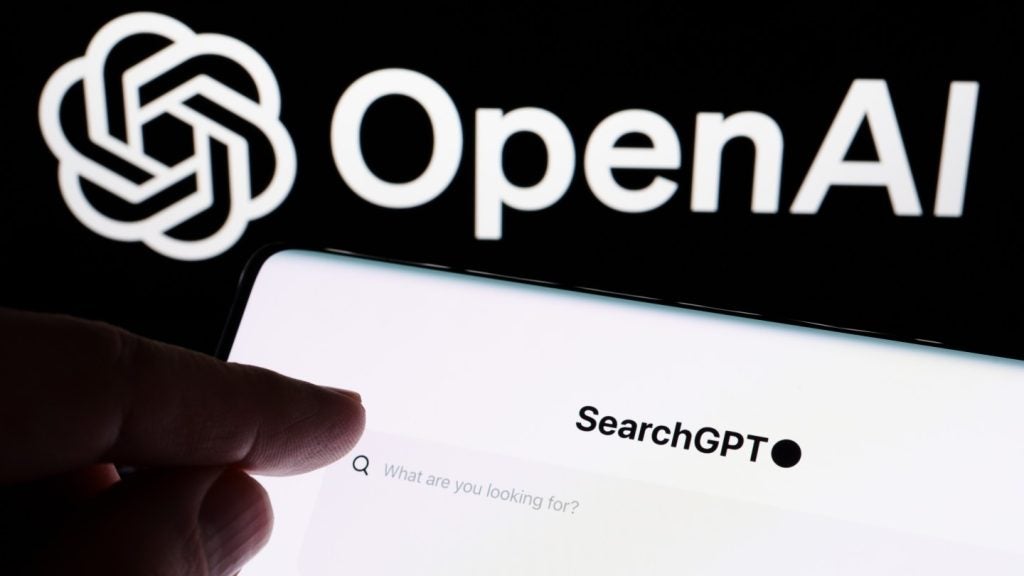
Meta has made no secret about its plans to become a super-app. Ride-hailing giant Uber may just have taken Facebook closer towards reaching that goal by enabling WhatsApp users to order rides on the platform, as WhatsApp is a subsidiary of Meta.
Uber announced in the small hours of Thursday morning that it planned to roll out a new service for passengers in India on WhatsApp.
“[Starting] this week, we are rolling out a new service that gives people the option to book an Uber ride via an official Uber WhatsApp chatbot,” Uber said in a statement. “Riders will no longer need to download or use the Uber app. Everything from user registration, booking a ride, and getting a trip receipt will be managed within the WhatsApp chat interface.”
The service will only be available in English to start with, but will soon feature more Indian languages. To begin with, the feature will just be available in the city of Lucknow before being expanded to other cities.
It’s unclear if the feature will also be rolled out in other nations. WhatsApp has been known to trial new features in India before rolling them out elsewhere. When it started to trial WhatsApp Pay, it did so in India.
However, it should be noted that after finding itself in a bit of legislative limbo in the nation, it officially launched the service in Brazil in June 2020 before rolling out the service in India in November the same year.
What does Uber and WhatsApp’s collaboration have to do with Meta’s super-app plans?
Meta plans to become a super-app. Consider that Facebook has spent the past few years launching everything from its own marketplace to an almost universally heckled dating service – not to mention its so far unrealised cryptocurrency ambitions – and it’s clear that Meta aspires to be a super-app in its own right. The deal between Uber and WhatsApp could be part of those plans.
The social media company is hardly alone in having super-app ambitions.
“Social media companies will increasingly position themselves as the gateway through which users can access multiple services, blending social networking, ecommerce, and entertainment,” researchers wrote in a recent thematic research report from GlobalData. “The super-app model, pioneered by Tencent in China, is now being copied across the world, with Facebook leading the pack.”
Tencent-owned WeChat enable users to do everything from messaging their friends and playing video games to paying bills and booking a massage. In the West, companies like the Menlo Park-headquartered social media giant are trying to create the same thing.
Facebook’s rebrand to Meta in October – similarly to how Google created a new parent company in Alphabet in 2015 – could also be seen as a way for the venture to become a one-stop shop for all of their users’ needs. If those ambitions are realised, Facebook users wouldn’t need to swap to another app if they wanted to order food, take out a loan or getting a ride, but simply tick another box.
Meta motivated its recent name-change to emphasise its growing focus on becoming a metaverse company, ambitions CEO Mark Zuckerberg had already made known earlier in the year.
The metaverse is described by GlobalData social media research as a “virtual world where users share experiences and interact in real-time within simulated scenarios”. The metaverse, simply put, is another name for Web 3.0 where people will be able to mix the real and the digital world with virtual and augmented reality.
“To most ordinary people, the Facebook CEO’s aspiration to be the god of a universe we can enter only by affixing a prophylactic to our heads seems megalomaniacal,” Scott Galloway wrote for New York Magazine recently. “They’re correct. However, every time you hear Zuckerberg say metaverse, swap in super-app and the plan sounds less stupid.”
Social media companies are not alone in exploring the opportunities of launching super-apps. Fintech companies like PayPal are increasingly vying into becoming a one-stop shop for all users’ financial services needs – whether that’s shopping online or trading with cryptocurrencies. People have also predicted similar trends in the proptech sector.
Uber and Meta failed to return requests to comment on this story ahead of its publication.
.







